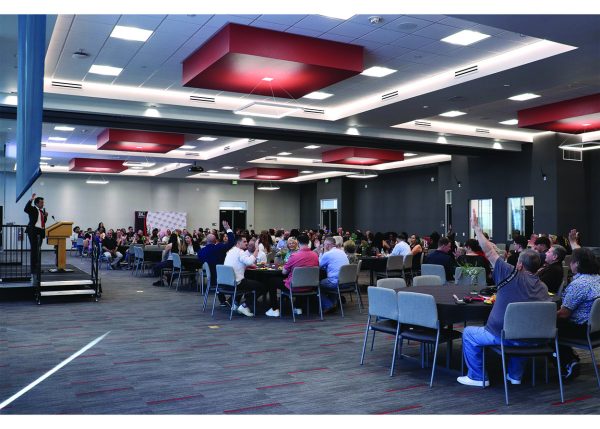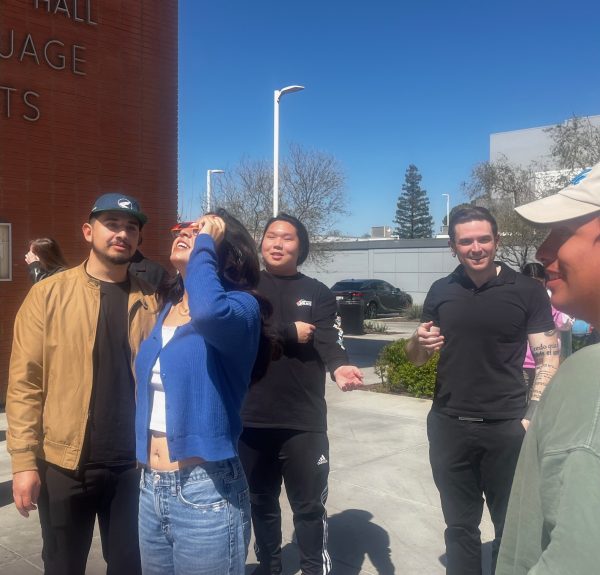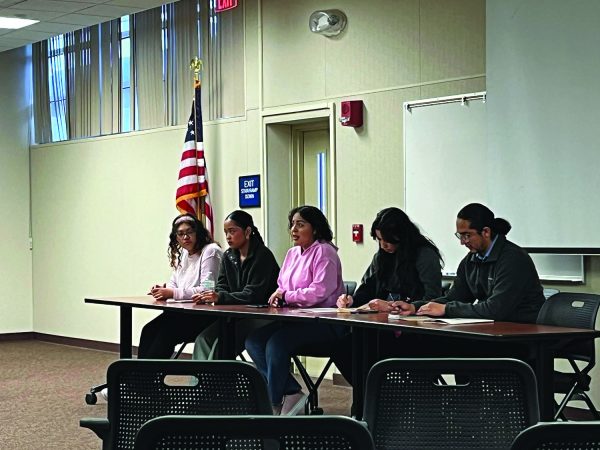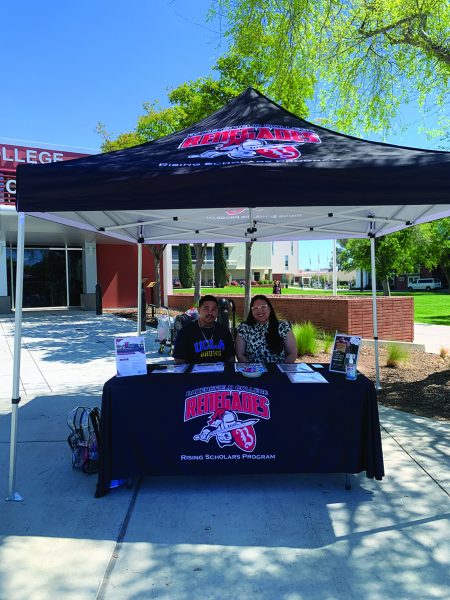CA propositions explained
October 28, 2022
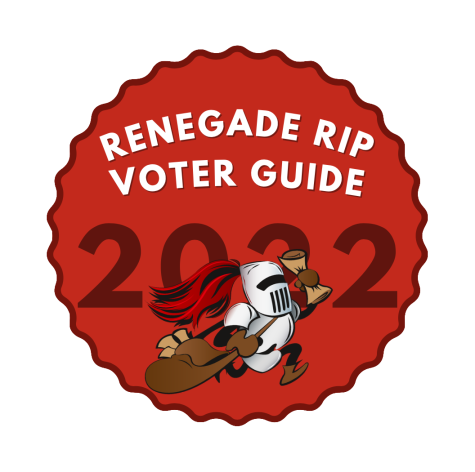
It’s that time again. Everywhere you look, signs, posters, door-to-door campaigners, TV ads, radio ads – it seems like it starts earlier each election cycle. It can all be so confusing! Here’s what you need to know about all those propositions that ads won’t shut up about.
Proposition 1
Proposition 1 seeks to enshrine the right to an abortion in the California State Constitution following the overturning of Roe v. Wade by the U.S. Supreme Court. While the right is already protected by state law, fears of legal intervention by the courts or undermining by the State Legislature have driven this proposition forward, to ensure that the right to an abortion is absolutely enshrined in California’s constitution.
Proposition 26
Proposition 26 seeks to legalize in-person sports betting within the four horse-track casinos across the state. The proposition would also permit tribal casinos to offer new games, such as roulette and a wide variety of dice games. While it doesn’t directly tax tribes, due to the sovereignty, it requires tribes to reimburse the state for the costs of enforcement of regulation. The question is whether the measure will actually generate revenue for the state, which could be redirected to other departments and needs, such as education or healthcare, bolstering the state’s income.
Proposition 27
One you’ve probably heard a decent amount about, proposition 27 seeks to allow tribes and online sports betting companies to offer online sports betting to people outside of tribal lands. This would include well-known companies, such as Draft Kings and FanDuel. The concern is that these massive corporations could drive smaller companies and tribal operations out of business through their sheer size and resources, potentially starving tribes of a potential source of income. Of course, the state would also make a considerable amount of money in fees from the legalization of online sports betting, where the money has been pledged to fight homelessness, as well as 15% to go to tribes that aren’t involved directly in sports betting.
Proposition 28
Substantially less controversial than proposition 27, proposition 28 seeks to allocate more funds for arts and music education across the state, sending 1% of the funds from the prop. 98 minimum funding guarantee to arts and music education programs. In real money terms, it’s an estimated billion dollars across the entire state.
Proposition 29
Yet another dialysis clinic proposition. It seems there’s always something to do with them on the ballot. Third time’s the charm for the combined union groups seeking to increase transparency in the newly booming industry. The proposition would require all dialysis clinics to have at least one physician, nurse practitioner, or physician assistant on site or available for immediate contact via telemedicine. It also requires clinics to report patient infection data to the state, as well as prohibits clinics from reducing or denying service to anyone regardless of insurance status.
Proposition 30
Proposition 30 targets the ultra-rich of California, imposing a 1.75% personal income tax increase on anyone with an income above $2 million in order to generate revenue to fund California’s switch to zer0-emission electric vehicles and fight against increasingly damaging and deadly wildfires. The tax is expected to generate between $3.5 billion to $5 billion annually if put into place.
Proposition 31
Proposition 31 seeks to uphold a previous ban on certain flavored tobacco products. The list includes flavored cigarettes, e-cigarettes, pods for vape pens, tank-based systems, and chewing tobacco. The law was originally intended to keep flavored tobacco products out of the hands of kids and teens, who have seen rising usage rates across the state. The law, however, was unable to go into effect due to tobacco companies calling this referendum, putting the enforcement of the law on hiatus until this referendum is decided.








